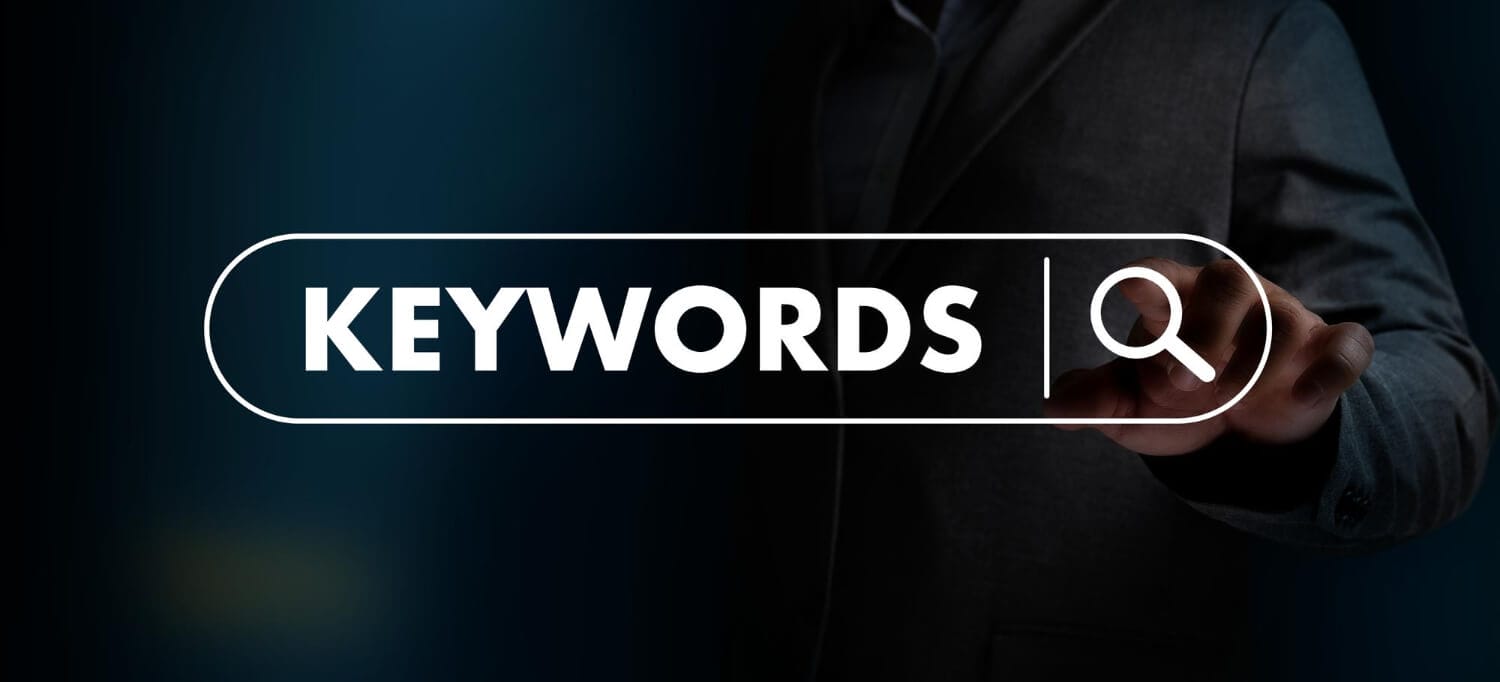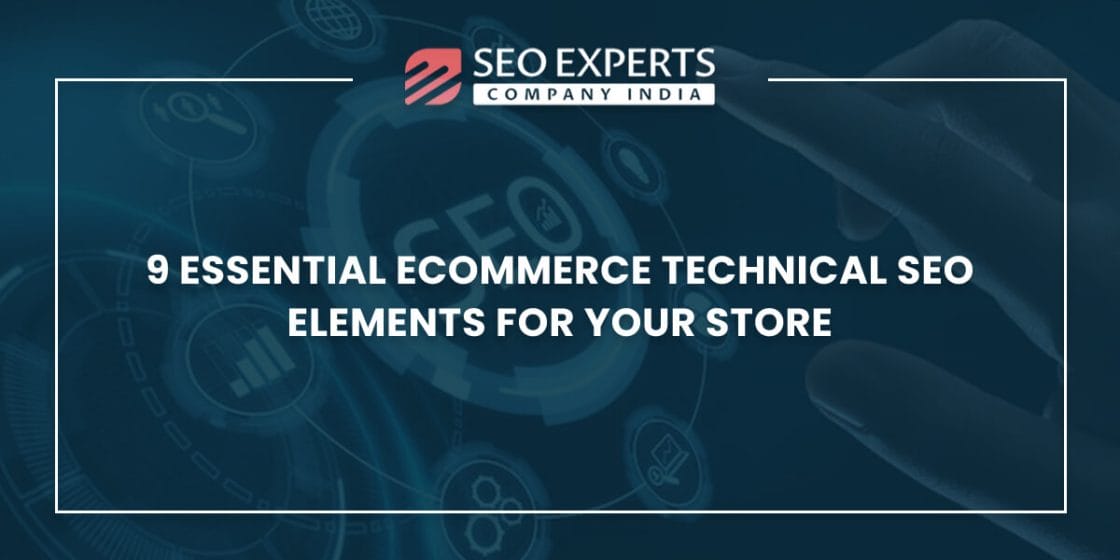It’s true what they say: SEO is impossible without creative keyword use. Just look at this data from Statista In January 2021, the Google search engine alone processed 12.51 million searches in the USA. These searches are entered by users in the form of words, which are interpreted as “keywords” in SEO.
To get the most out of keywords, you must comprehend the various keyword types and how each one fits into your campaign if you want to deliver a successful SEO campaign.
SEO professionals rely heavily on keywords to draw organic traffic and achieve a high ranking. They check if the particular keyword can attract huge leads and conversions.
It is also the fundamental metric that allows them to assess the SEO campaign’s effectiveness.
Acquiring information about the various types of keywords will help you find and pick the best one for your search engine campaign. Moreover, you can expand your reach by finding more keywords of different types. Plus, you will be in a better state to use some specific kinds of keywords for your campaign.
Although there are several types of keywords, you can also create a customized list of them. But in this blog, I will be discussing 12 main keyword types. So let’s start with the 12 different types of keyword explanations.
Explanation of 12 Types Of Keywords in SEO
1. Short Tail Keywords/ The Head keyword (Lack Intent and Exist In High Volume)
Known for being only 2 or 3 words in length and generic, short-tail keywords are low on intent and high on competition.
When choosing keywords, remember that if you want to increase conversions, these should be your last choice among all other types because they will not likely boost your campaign’s rankings.
Consider the single-word keyword “shoes” as an example.
It can be difficult to determine the user’s intent when they enter the word “shoes” in a Google search.
You can’t tell if a user is searching for a particular brand or style of shoe, related information, or shoes in a specific location. Simply put, it takes too much guesswork to determine the intent of such keywords.
2. Medium Tail Keyword (High on Intent and medium Level traffic)
As their name suggests, medium-tail keywords are longer—typically more than two to three words. Some refer to these as “chunky keywords.” The main characteristics of such keywords are that they are more apparent in intent and have a medium search volume. They are easier to target and easier to get ranked in Google organic searches. You will find variations in their types.
Look at the examples of medium-tail keywords: “buy running shoes “and “low-cost running shoes.” “running shoe store in black,” “formal men’s shoes,” etc.
By looking at these keywords, you can make out the intent more easily than short-tail keywords. They are the sweet spot between the long tail (we will discuss them ahead) and the short one.
If you are an experienced professional in SEO, you will identify medium-tail keywords as easier to target than long-tail keywords by creating a smaller number of content pieces; With longer-tail keywords, you may have to create a higher number of content pieces.
3. Long Tail, Keywords (High on intent and lowest in volume)
This is the last type of keyword if you want to differentiate the keywords based on length. These keywords generally occur in the form of a sentence phrase that has more than 4 words. The user’s intent is clear entirely, but they are the lowest in the volume. The best thing about such keywords is that they are the easiest to get ranked on. But they might have hundreds of variations, and picking one could be an issue.
Here are a few examples of long-tail keywords:
“Which is the best brand of running shoes?” Here, “shoes” is the head keyword, and this question phrase is the long keyword.
“Which body oil is best for hair?” and so on.
4. Brand Name Keywords
When users enter a brand-related keyword in Google, it is called the brand name keyword. Such keywords may appear either in the medium or long tail and may have low to high traffic depending on the brand’s popularity.
“Nike shoe,”
“iPhone store,”
“Apple MacBook online, “
“Gucci bag,”
and “Canon cameras,” etc.
Brand keywords are difficult to beat, and unless you are working for the brand for which the user is entering the search, you will find it hard to attract traffic through them.
For example, suppose you are representing the Sony camera brand. In that case, it is hard to target the search query “Canon camera” because the user is specifically looking for a particular brand of camera (Cannon).
5. Location Keyword
Users on Google use keywords to search for anything related to a location. For example, the user may type in “Nike shoe store in Dallas,” “Android mobile phone dealers in Dallas,” “mobile phone dealers in California,” “Indian restaurants in New York,” etc. These keywords are essential for local SEO.
Usually, you will find small businesses taking advantage of such keywords. For companies looking to target a particular location, they are just ideal. Another positive with location keywords is that their search volume and competition may be of a medium level.
You can elevate your GBP (Google Business Profile) listing’s organic ranking by focusing on location keywords, especially if you use keywords in the description of your Google business profiles.
6. LSI Keywords
These are not the direct keyboards the user uses to enter search terms. However, they are important since they are semantically related to the entered keyword.
For example, a user may enter the Google search box “sports shoe dealer,” and the LSI keywords for a particular keyboard could be “sports footwear shops,” “dealer of sports footwear,” “athletic shoe dealers,” or “running shoe dealers,” and so on.
Even though LSI keyboards are not a ranking factor, they help computers comprehend page content. For example, if you want to write content about a car, you don’t want to use car words 100 times.
Use words like automobile, vehicle, and related terms like SUV, hatchback, portable car, etc., in the content to make it more engaging and help search engines understand the context and usefulness of your content better.
7. Tyre Kicker Keywords
The name should tell you everything about these keywords. People use the internet to obtain free information, products, or services, and these keywords highlight those. However, they do not bring on direct quality leads and act the opposite of transactional keywords.
You can identify such keywords without difficulty since they have words like “free,” “no-cost,” “torrent,” etc. in them. Take a look at a few examples of “tye kicker” keywords:
“Free football coaching,”
“Free singing lessons,”
“Movie torrent sites,”
and “No cost basket training,” etc.
Naturally, these keywords do not hold transactional value, but that doesn’t mean they are useless. If targeted strategically, they can bring invaluable traffic to your website’s pages and build engagement, word-of-mouth publicity, and increase curiosity. They may also work well as excellent clickbait on the internet if used in the headings.
8. Competitors’ Keywords
Competitor keywords are those you find on your rivals’ websites with high-ranking content pages. These keywords are crucial from the standpoint of SEO analysis and research. They are helpful in creating a list of targeted keywords that may rank on Google.
9. Broad Match Keywords
These keywords are famous in the PPC domain. Broad-match keywords make you visible to a broader audience without building a long list of generic or extensive keywords. For example, if you use the keyword “automotive window repair.” This keyword may be matched with car window repair and truck window repair.
The broad match keyword can attract high traffic without facing increased competition.
Some examples of broad match keywords are
“Athletic shoes,”
“wedding shoes,”
“casual jeans,”
“travel books,”
“partywear dresses, “etc.
10. Exact Keywords
We have discussed how generic keywords are high in volume and reveal the query’s exact intent. Contrary to its generic keywords, in exact keywords, the purpose of the entered query is evident. Some examples of such keywords are –
“best office sofa” and
“Rolex watches online.
Such keywords are good for attracting traffic. They possess both informational and transactional qualities. You will find exact keywords having a high volume, and they tend to convert as well.
11. Transactional Keywords
These keywords reveal the buying intent of the users. Such keywords indicate that the user is actively looking to buy something now or very soon. Because you know the person is likely to buy a product or service rather than look for information, these keywords can result in better leads and higher conversions.
Some examples of transaction keywords are-
“buy jewelry online,” “
“buy a diamond ring,”
“Diamond ring to buy,”
“Buy engagement ring,”
“Buy Nike shoes with discount” and
“low-price mobile phones, ” etc.
12. Informational Keywords
These keywords are not the same as transactional keywords. With these keywords, the user aims to learn more about a service, product, or other internet topics rather than make a purchase. These keywords are also essential for increasing visibility and developing trust.
You can establish yourself as the domain authority by using informational keywords and developing content to gain your target audience’s trust. You can identify informational keywords easily because they begin with words like “why,” “how,” “what,” “where,” etc.
Here are some examples of informational keywords:
“Why are SEO tools important?”
“Are paid SEO tools worth it?”
“What are 5 benefits of healthy eating?”
“Which company gives the best car loan?”
“Which bank is giving the cheapest car loan?” etc.
What Sort of Keywords Should You Use for SEO Campaign?
There is no particular type of keyword that can work for everyone. Each business is unique so it might require different keywords.
However, if you have to pick a particular keyword that may be ideal for your business, you could go for a long keyword with commercial or informational intent.
But consider the traffic volume of the keyword you choose because each type offers different values. For example, long-tail keywords generally have less competition and a high probability of higher conversions.
Which is More Crucial from the SEO Perspective: Traffic or Intent?
Whether you choose keywords based on traffic or intent (purpose) entirely depends on the kind of business you or your client runs.
You can divide the businesses into two categories based on how they generate income:
They make money from advertising.
The mode Of making money is selling products and services.
If you have a business that makes money from advertising, you should concentrate on keywords that can attract more traffic because more traffic equals more revenue in the advertising world.
But if you sell products or services, it is important to know that bringing in 10 quality leads is better than having 100 people without the intent to buy something from you.
Therefore, if your company sells products and services, you should use intent-based keywords because users of such keywords are more likely to make a purchase.
Conclusion
This post, which is about the types of keywords, clearly states that there is no doubt that SEO is non-existent without keywords; without a doubt, they are the foundation of any successful SEO campaign.
A professional who wants to create an effective search engine optimization strategy must know their types and how they differ from “intent” points of view. It is essential to have a fundamental knowledge of the explained keyword types. And this post highlights and describes the 12 different keyword types.
Go over each, comprehend the main differences, and use them in your content pieces.
Frequently Asked Questions
Which keyword type has the highest “intent” and is the most likely to convert?
Long tail keywords have the highest “intent” levels and conversion rates across all keyword types.
Are transactional keywords the best choice for companies that sell services and goods?
Any company or business that sells goods or services will likely emphasize generating revenue primarily through sales. They are unlikely to generate income from advertisements, so transactional keywords are the best option for such businesses.
What keywords work best for businesses that depend on advertising for revenue?
Imagine running a company where you need online traffic to generate traffic for ad revenue. In such cases, the “intent” of the keywords is secondary to you. Because of this, you can choose keywords with a lot of traffic while making some compromises regarding “intent.”
What is the best keyword type if your company is new and looking to build a bond with the target audience?
Any relatively new company can concentrate on informational keywords and develop content around them to increase brand visibility and rank highly in organic searches. Particularly if the company is in a field where knowledge is more valuable and critical to the service or solution. For instance: law firm websites, doctor’s websites, medical websites, etc.
Which keywords are the least usable and the toughest to achieve a high ranking on Google’s SERPs?
Short-tail keywords are generally considered the toughest to achieve ranking on since they lack intent. It is hard to build content for such keywords and hope to get a high ranking since the short tail keywords generate maximum traffic for multiple variations of keywords,
Imagine targeting the keyword “shoes.” There can be hundreds of “intents” when users enter such keywords into Google. It is hard to tell if the user is looking for shoe repair, looking to buy, learning about types, or just looking for some random information.
Which keywords can be beneficial for local SEO?
Geographical keywords or location-based keywords are great for local keywords. You will find such keywords with the name of a city or town at the tail. You can target such keywords to improve your local SEO.





